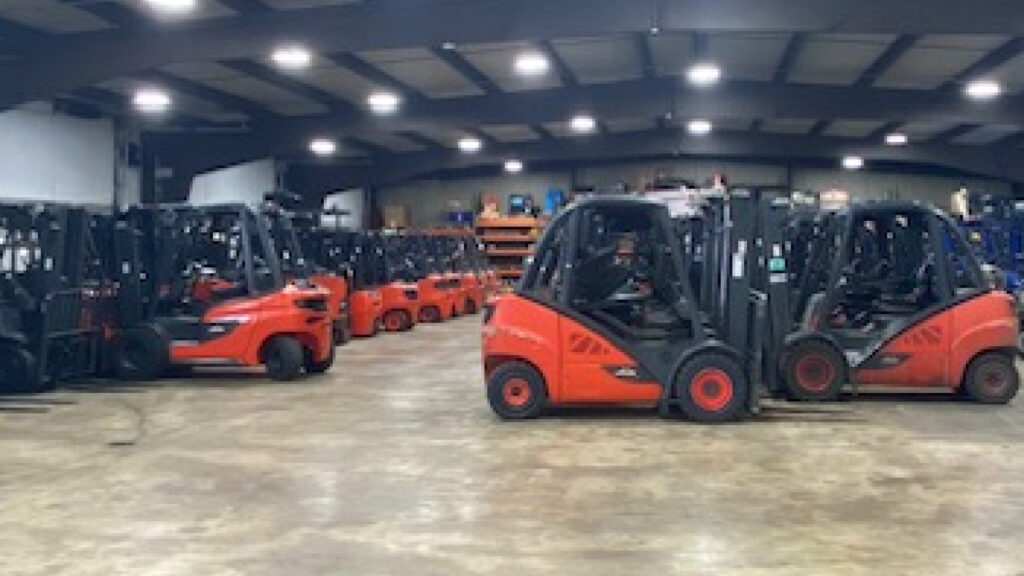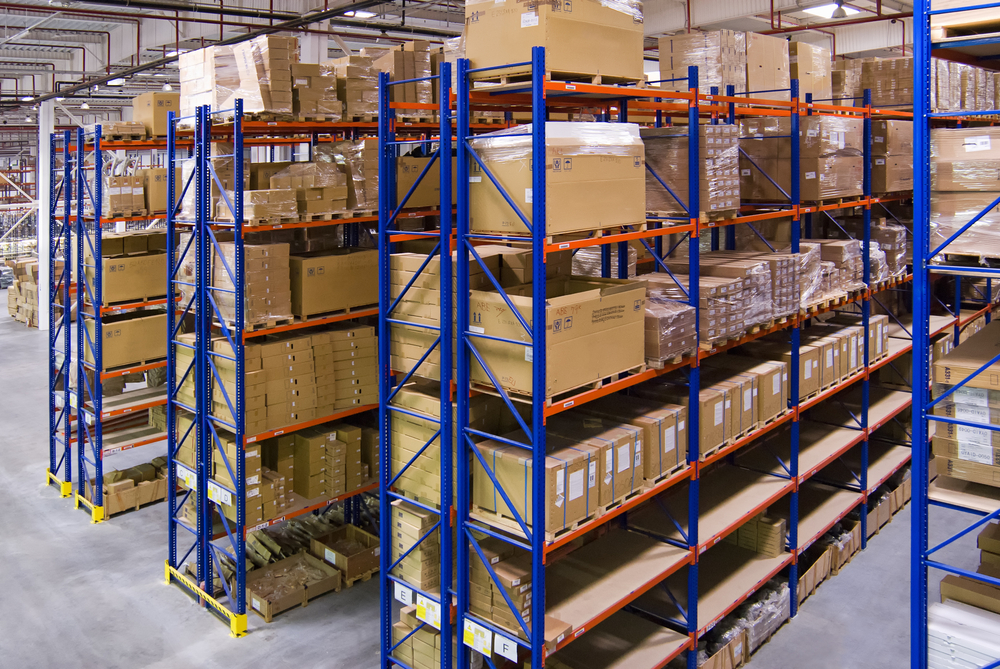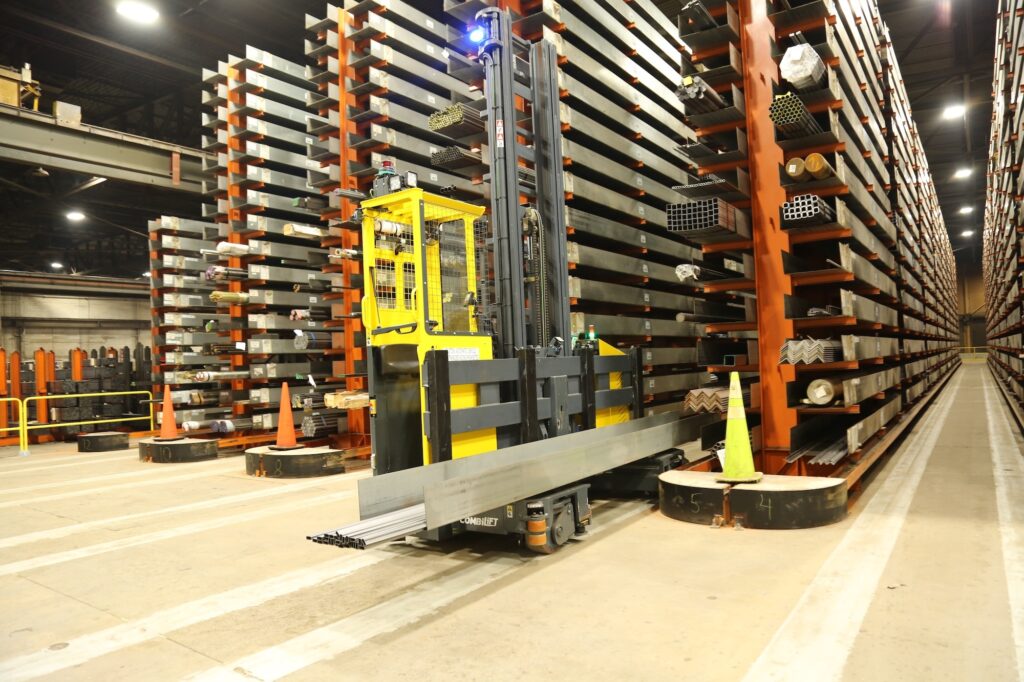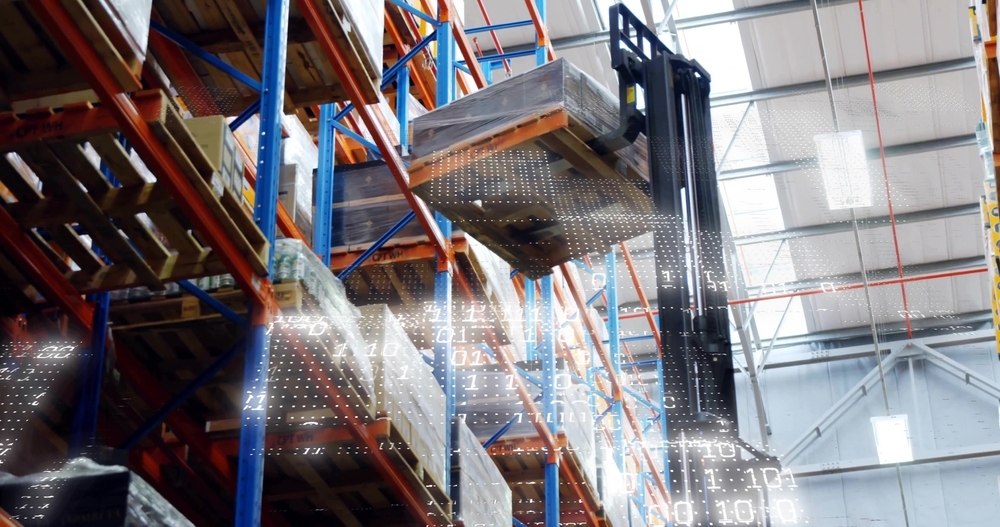As an owner or key decision-maker at your company, you’ve likely asked yourself, “Should I lease, buy, or rent a forklift?”
And rightly so. After all, the choice you make directly impacts your cash flow, operational flexibility, and long-term profitability.
By understanding when each option makes the most financial sense, you can save your business thousands of dollars and prevent costly mistakes that tie up capital or leave you with inadequate equipment.
When To Rent a Forklift
Forklift rentals offer the ultimate flexibility for businesses with fluctuating equipment needs or short-term projects. This option allows you to access quality equipment without the long-term commitment or upfront capital investment required for purchasing.
Project-Based Work
If your business handles seasonal contracts or short-term projects, forklift rental eliminates the cost of owning equipment that sits idle for months at a time. You pay only for the time you actually use the equipment, making it easier to price jobs accurately and maintain healthy profit margins.
Equipment Testing and Evaluation
A forklift rental gives you the opportunity to try different forklift models and brands before committing to a purchase. This hands-on experience helps you determine which features your operators prefer and which machines perform best in your specific work environment.
Cash Flow Management
A rental preserves your working capital for other business needs. Instead of tying up $30,000 or more in equipment purchases, you can maintain cash reserves for materials, payroll, and unexpected opportunities that require immediate funding.
This approach particularly benefits growing companies that need to balance equipment needs with expansion investments. Rental payments are also fully deductible as operating expenses, providing immediate tax benefits.
When To Buy a Forklift
Purchasing forklifts, either new or reconditioned, makes financial sense when you have consistent, long-term equipment needs and want to build equity in your fleet. Buying gives you complete control over maintenance schedules, modifications, and usage patterns that rental agreements might restrict.
Consistent Daily Operations
If you use forklifts eight hours a day, five days a week throughout the year, purchasing typically costs less than long-term rental. The breakeven point usually occurs around 18-24 months of continuous use, after which ownership becomes increasingly cost-effective.
Businesses with ongoing warehouse operations, permanent material yards, or consistent manufacturing needs benefit most from ownership. You’ll have equipment available whenever needed without scheduling constraints or availability concerns.
Long-Term Cost Control
Owned equipment provides predictable costs once you’ve made the initial investment. While maintenance and repairs are your responsibility, you can budget for these expenses and choose service providers that offer the best value for your needs.
Used forklifts represent particularly good value for businesses that need reliable equipment without new equipment prices. Our reconditioned units undergo thorough inspections and come with warranties that protect your investment while delivering substantial cost savings.
Tax Advantages and Depreciation
Forklift purchases qualify for various tax benefits, including Section 179 deductions that allow you to write off the full purchase price in the year you buy the equipment. This immediate deduction can significantly reduce your tax liability and improve cash flow.
Owned equipment also provides depreciation benefits over several years, helping reduce your overall tax burden while building business assets that retain value.
When To Lease a Forklift
Leasing combines some benefits of both renting and buying, offering predictable monthly payments with potential ownership options at the end of the lease term. This option works well for businesses that want newer equipment with warranty coverage but prefer not to tie up capital in purchases.
If You Want Predictable Monthly Expenses
Lease payments remain constant throughout the agreement term, making it easier to budget and price your services accurately. Many lease agreements include maintenance and service coverage, eliminating unexpected repair costs that can disrupt your cash flow.
This predictability helps you bid jobs more accurately and provides building companies with stable equipment costs that support better financial planning.
Access to Newer Technology
Leasing allows you to upgrade to newer forklift models every few years without the depreciation losses associated with selling owned equipment. You can take advantage of improved fuel efficiency, enhanced safety features, and better reliability as technology advances.
Newer equipment often comes with better warranties and lower maintenance requirements, reducing your total cost of operation while ensuring maximum uptime for your projects.
Flexible End-of-Term Options
Most lease agreements offer multiple options when the term expires. On a lease agreement, you can return the equipment, purchase it at a predetermined price, or lease newer models.
With this flexibility, you can adapt to changing business needs without being locked into ownership of equipment that may no longer suit your operations.
Need Help Deciding? We’ve Got You
The right choice between renting, buying, or leasing depends on your specific usage patterns, cash flow situation, and long-term business goals. If you still need expert guidance, however, we’re just a short drive or call away in North Canton.
We can help you evaluate your equipment needs and choose the option that delivers the best value for your operations.
Whether you’re interested in forklift rental, quality used forklifts, or lease options, we’ll help you make the decision that keeps your projects moving efficiently while protecting your bottom line.
Give us a call today to assess your options!
